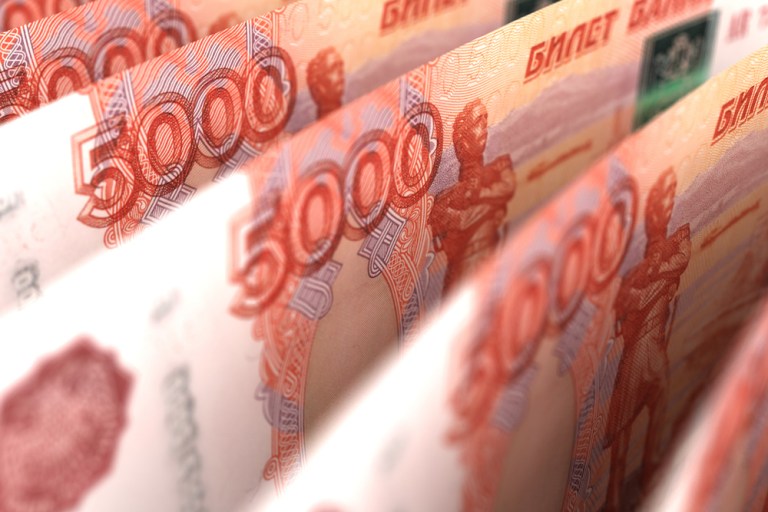
Day after a number of countries imposed harsh sanctions on Russia over its invasion of Ukraine, consumers in that country are more resigned than anything else, Bloomberg News reported Wednesday (March 2).
“As strange as it sounds, in general there’s no panic at stores or ATMs,” said Elmira – she declined to give a last name – a 48-year-old education worker in the Urals.
“There’s clearly no easy solution, but I wasn’t about to run and buy up euros or dollars or get something just to spend money.”
That wasn’t the case for every Russian, as the country saw a bank run that drained around $14 billion in one day when the sanctions were imposed.
But Bloomberg said that run was slowed by controls on capital, raised interest rates and other measures. Russian households will need to be resilient, the story argued, as the country’s economy depends on consumer spending for a majority of its activity.
Read more: Russia’s Central Bank Plans Daily Auctions as Financial Squeeze Tightens
Russia’s central bank has also announced plans to host daily 3 trillion ruble ($28.31 billion) repossession and deposit auctions to help lending institutions “manage their liquidity and keep overnight money-market rates close to its key rate.”
The sanctions caused the country’s currency to crash, interest rates to rise, and suppliers of a host of different products pledged they’d cease doing business in Russia. In addition, seven of the country’s biggest banks were blocked on Wednesday from the crucial SWIFT international messaging system.
Read more: EU Mulls Blocking Russian Banks From SWIFT, but Big Name FIs Are Missing
The moves Russia made in response to the sanctions could have large repercussions, causing its economy to shrink by 3% to 5%, assuming energy exports continue, Citigroup Inc.’s Russia economist Ivan Tchakarov told Bloomberg. He argues supply disruptions will have an even larger impact on inflation than the ruble’s devaluation.
“Towering interest rates, cratering sentiment and ballooning uncertainty will stymie investment,” Tchakarov said.
“The severe slide in the ruble will push inflation higher, hitting purchasing power. Sweeping curbs on trade in software and technology also look set to ripple through Russia’s supply chains, extending the effects of the shock and adding a longer-term drag on productivity.”